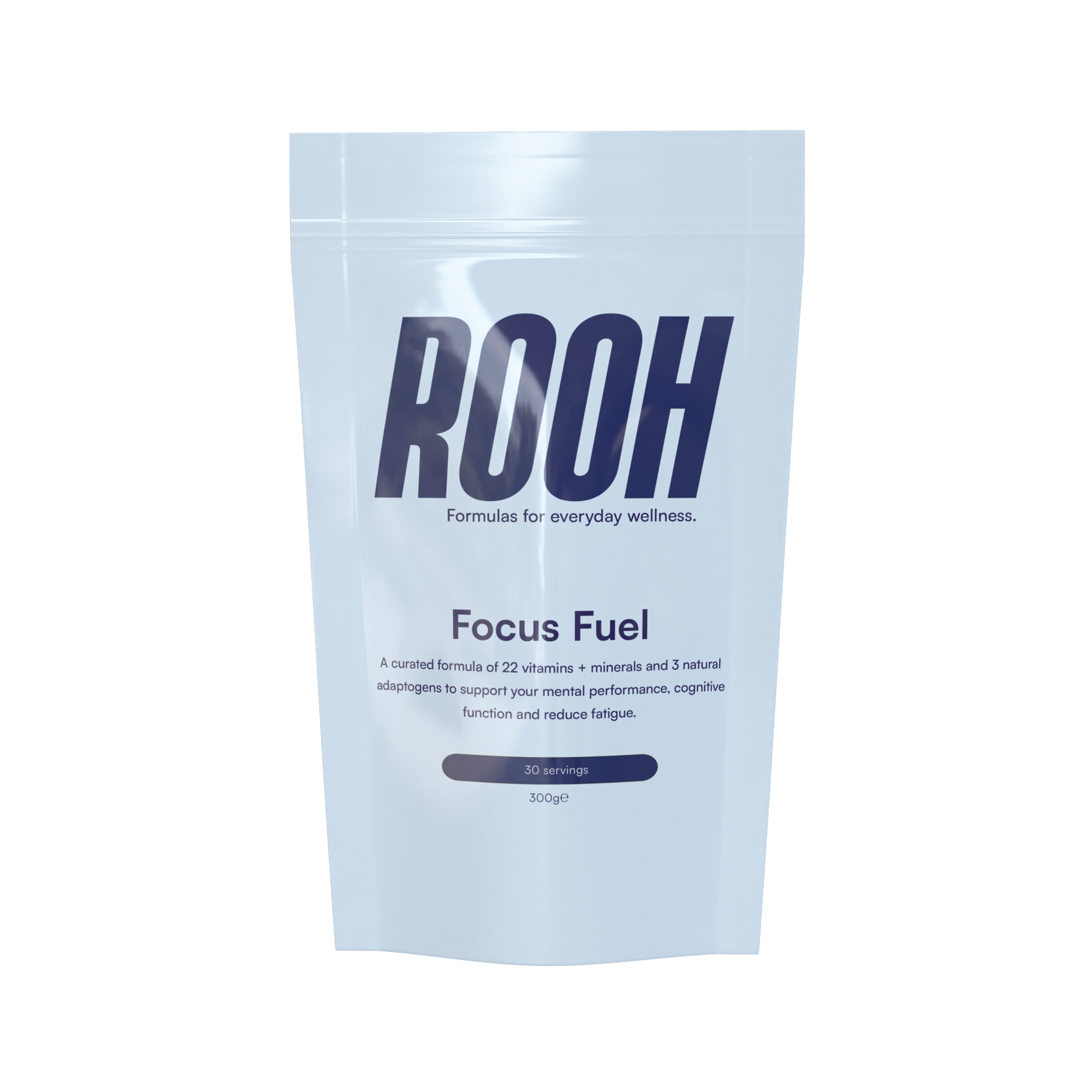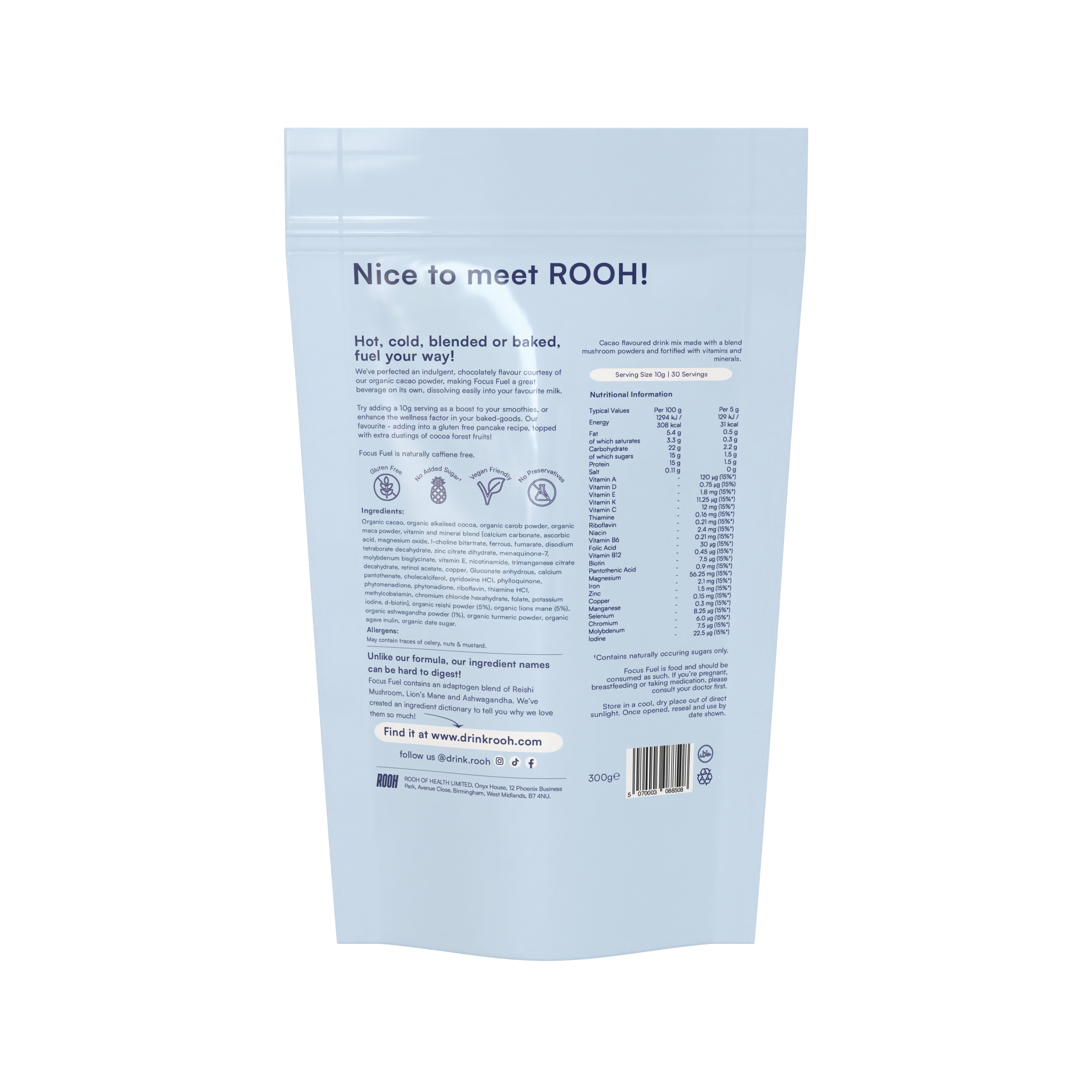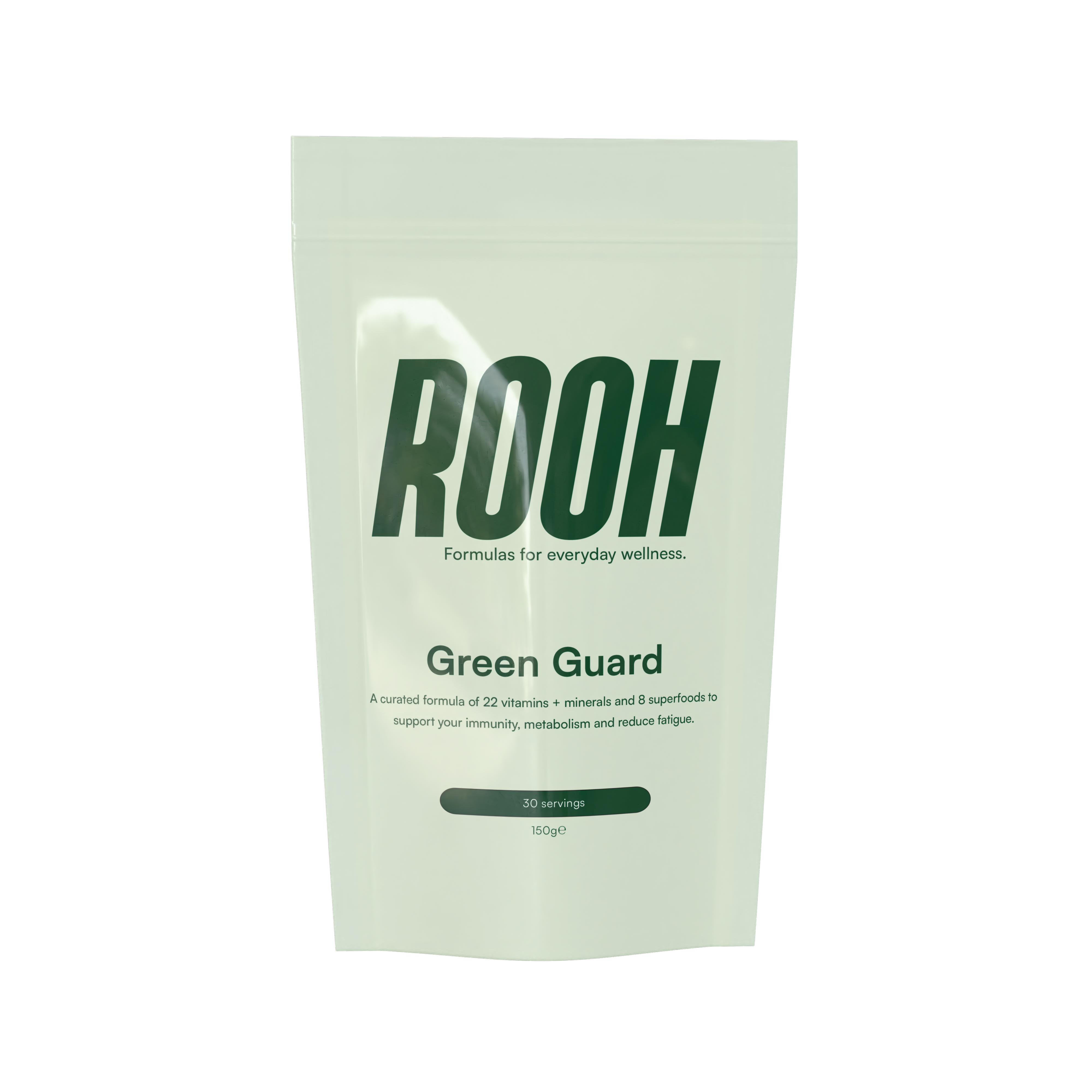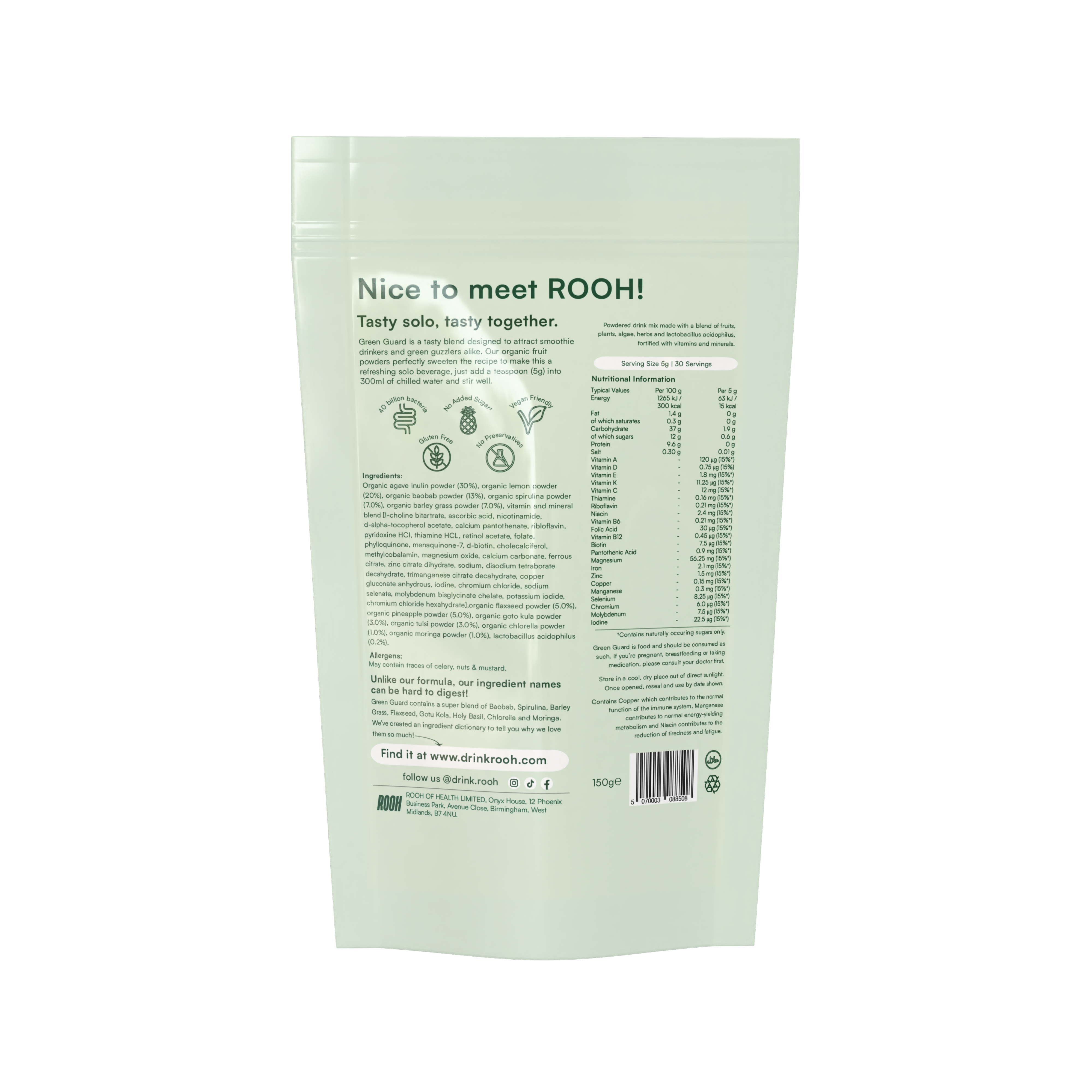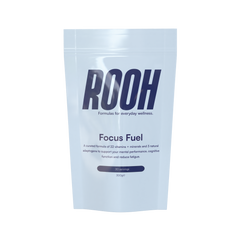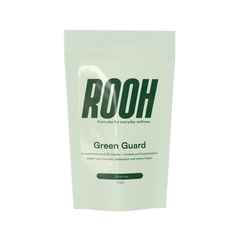In the ever-growing field of nootropics and brain health supplements, Lion's Mane mushroom has carved out a significant place for itself. Known for its unique look and fascinating benefits, this remarkable fungus has long been used in traditional medicine to boost cognitive function, enhance memory, and promote overall brain health. Today, more people are turning to natural solutions like Lion's Mane to support focus, reduce mental fatigue, and protect against age-related cognitive decline. But how exactly does Lion's Mane work its magic on the brain?
What Is Lion's Mane Mushroom?
Lion's Mane (Hericium erinaceus) is a type of medicinal mushroom recognised for its white, shaggy appearance, resembling the mane of a lion. Traditionally used in East Asian medicine, this mushroom has been prized for its ability to improve neurological health, support the immune system, and reduce inflammation. Unlike other mushrooms, Lion's Mane is specifically revered for its nootropic properties, meaning it has the potential to improve cognitive function and enhance memory.
Lion's Mane is a star ingredient in Focus Fuel, one of our cognition-boosting wellness drinks, designed to enhance mental clarity without the jitteriness often associated with caffeine. Let's delve into the science behind Lion's Mane and see how it benefits the brain.
How Lion's Mane Promotes Brain Health
The brain-boosting potential of Lion's Mane largely comes from its ability to stimulate the production of two key compounds: nerve growth factor (NGF) and brain-derived neurotrophic factor (BDNF). Both NGF and BDNF are proteins crucial to the growth, maintenance, and survival of neurons, the cells that make up the nervous system and brain. These proteins are vital for neuroplasticity, which is the brain’s ability to reorganise itself by forming new neural connections.
Nerve Growth Factor (NGF): NGF is essential for the health of neurons, and it plays a key role in maintaining the function of nerves, particularly in the brain. Lion's Mane is one of the few natural sources that can boost NGF production, promoting the growth of new neurons and supporting the repair of damaged ones. This helps maintain optimal cognitive function, which is especially beneficial as we age and our brain's regenerative capacity naturally declines.(Friedman et al.).
Brain-Derived Neurotrophic Factor (BDNF): BDNF is crucial for memory and learning. Lion's Mane has been shown to increase BDNF levels, which helps to enhance synaptic plasticity—the ability of synapses (the connections between neurons) to strengthen over time. Higher BDNF levels are associated with improved learning, better memory, and an overall heightened cognitive capacity.(Nota et al.).
The Cognitive Benefits of Lion's Mane
The unique properties of Lion's Mane mushroom make it particularly effective at boosting cognitive health in several ways:
- Enhanced Memory and Learning: By increasing BDNF and NGF levels, Lion's Mane helps improve memory retention and learning abilities. It does this by stimulating the growth of new neurons and facilitating better communication between brain cells, which supports clearer thinking and quicker information processing.
- Reduced Anxiety and Depression: Several studies suggest that Lion's Mane may help alleviate symptoms of anxiety and depression. It appears to do this by reducing inflammation and improving levels of neurotransmitters that influence mood, such as serotonin and dopamine. Including Lion's Mane in your routine can lead to improved emotional balance and a reduced response to stress.(Burman et al.).
- Protection Against Cognitive Decline: Neurodegenerative conditions like Alzheimer’s disease are often linked to the decline of NGF and BDNF. By promoting the production of these vital proteins, Lion's Mane may help protect against cognitive decline, preserve memory, and support overall brain health as we age.
- Boosted Focus and Mental Clarity: Lion's Mane is also known for enhancing focus and concentration. By improving the health and efficiency of neurons, Lion's Mane supports clearer thinking and sustained attention without the energy crashes often associated with stimulants like caffeine. This makes it a fantastic option for professionals, students, or anyone who needs to stay mentally sharp throughout the day.
How Lion's Mane Supports Neurogenesis
Neurogenesis is the process of generating new neurons in the brain—a critical function for learning, memory, and recovery from neural injuries. Lion's Mane has been found to promote neurogenesis, helping the brain adapt, grow, and improve its function over time. This is especially beneficial for older adults, as the brain’s ability to generate new neurons typically decreases with age. (Horsey et al.).
Animal studies have demonstrated that Lion's Mane can help enhance neurogenesis and improve recognition memory, while human studies have pointed towards its ability to boost overall cognitive function and even alleviate symptoms of mild cognitive impairment. While more research is needed, the results so far are promising, suggesting that Lion's Mane may be one of the best natural remedies for supporting long-term brain health.
Including Lion's Mane in Your Daily Routine
Adding Lion's Mane to your daily wellness routine can be an easy and effective way to support cognitive health and reduce the effects of stress. Focus Fuel by ROOH contains Lion's Mane along with other adaptogens and vitamins, providing a comprehensive solution for mental performance, clarity, and focus.
Focus Fuel can be enjoyed in a variety of ways—simply mix it into hot or cold mylk, blend it into a smoothie, or even add it to your morning coffee to enjoy the benefits of Lion's Mane alongside your favourite flavours. Unlike caffeine-based energy products, Focus Fuel works with your body’s natural systems to sustain energy and mental clarity without the crash.
To learn more about Focus Fuel, visit ROOH's Focus Fuel page and discover how Lion's Mane can elevate your mental performance.
Final Thoughts
Lion's Mane is a unique nootropic with powerful benefits for brain health, cognitive function, and overall well-being. Whether you’re looking to enhance memory, boost focus, or simply protect your brain from the effects of ageing, this fascinating mushroom is a natural and effective option. As a key ingredient in ROOH's Focus Fuel, Lion's Mane offers a convenient and delicious way to incorporate its brain-boosting benefits into your routine, helping you stay sharp, balanced, and mentally energised.
Ready to unlock the potential of your mind? Try ROOH's Focus Fuel today and start experiencing the benefits of Lion's Mane for yourself.
Sources
- Burman, M. (2020). Lion's Mane Powder.
- Lewis, J., Poles, J., Shaw, D., Karhu, E., Khan, S., Lyons, A. E., Sacco, S. B., & McDaniel, H. R. (2021). The effects of twenty-one nutrients and phytonutrients on cognitive function: A narrative review. Journal of Clinical and Translational Research.
- Friedman, M. (2015). Chemistry, nutrition, and health-promoting properties of Hericium erinaceus (Lion's Mane) mushroom fruiting bodies and mycelia and their bioactive compounds. Journal of Agricultural and Food Chemistry.
- Horsey, E. A., Maletta, T., Turner, H., Cole, C., Lehmann, H., & Fournier, N. (2020). Chronic jet lag simulation decreases hippocampal neurogenesis and enhances depressive behaviors and cognitive deficits in adult male rats. Frontiers in Behavioral Neuroscience.
- Nota, M., Dohm-Hansen, S., Nicolas, S., Harris, E. P., Foley, T., Nolan, Y. M., & O’Leary, O. F. (2024). A cafeteria diet blunts effects of exercise on adult hippocampal neurogenesis but not neurogenesis-dependent behaviors in adult male rats. bioRxiv.
